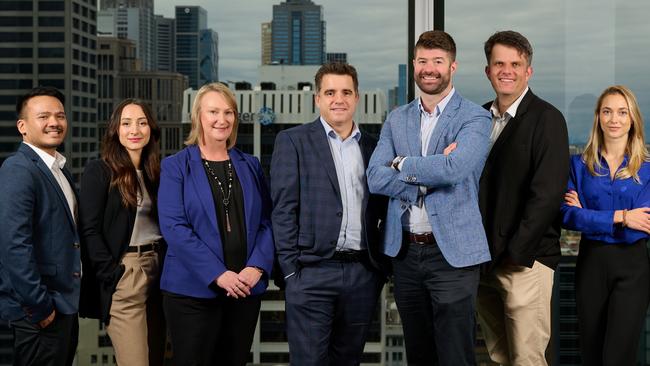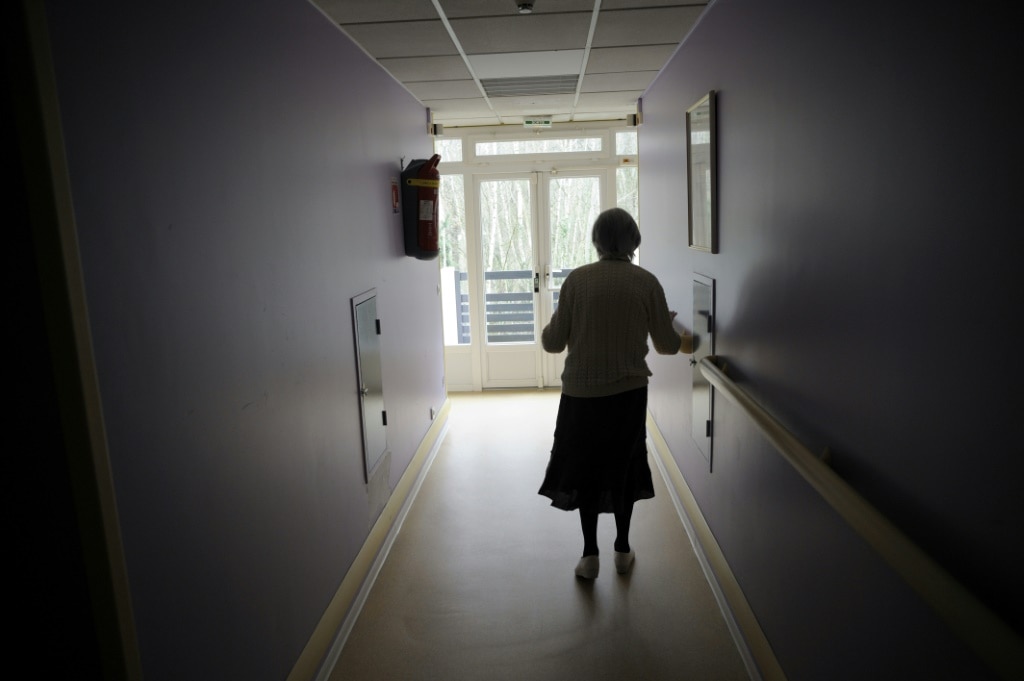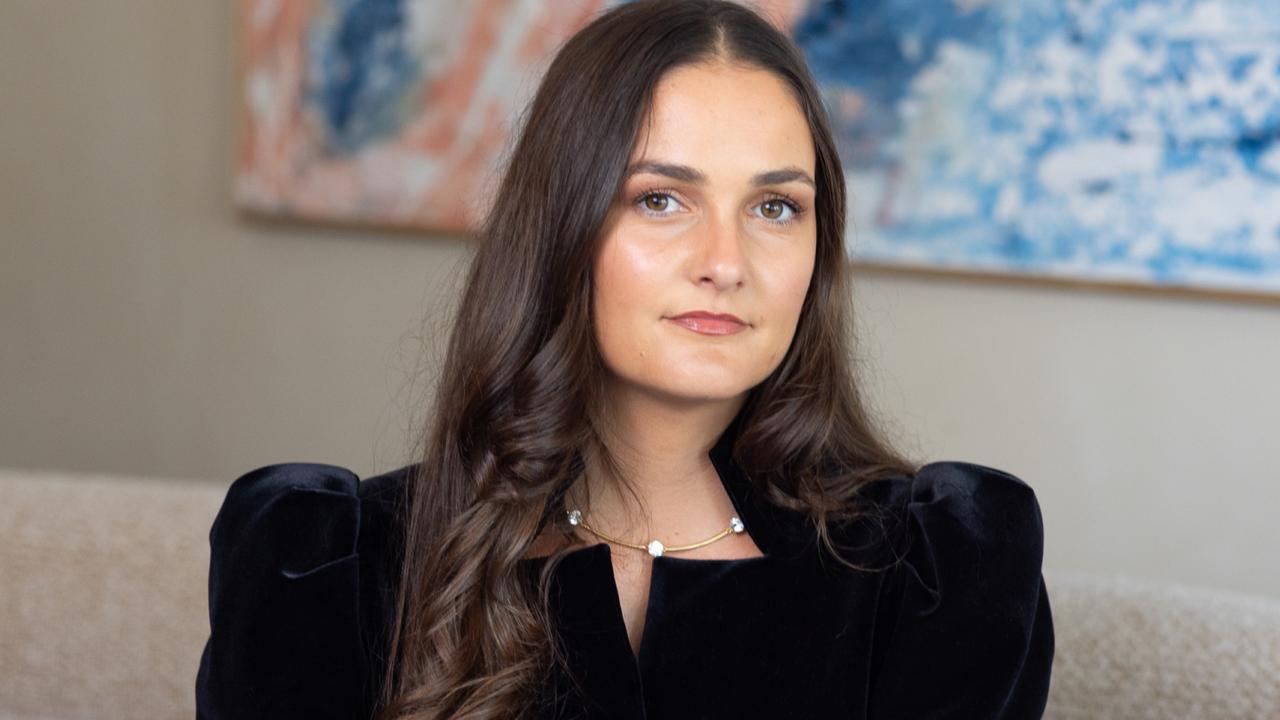Kinoxis Therapeutics lands $14.5m from UniSuper, VCs to take dementia drug to phase b trials
A clinical stage biotech spun out of Sydney University has raised $14.5m to take its new drug which reduces agitation without sedating patients to phase b trials.

A clinical stage biotech spun out of Sydney University has raised $14.5m as it looks to prevent dementia patients being put into care homes prematurely.
Kinoxis Therapeutics’ has developed a drug to help reduce agitation and anger without sedating the patient. The discovery was unexpected, first being researched and developed as a way of treating cravings for people with substance abuse issues.
“That’s what our company was predominantly focused on, substance use disorders or addiction, and that’s where we have become known,” chief executive Hugh Alsop said.
It had even earned recognition in the US, having been awarded a grant from the National Institute on Drug Abuse in the US to develop drugs to treat opioid use disorder.
But it’s the company’s most recent discovery that is turning the heads of local investors, including UniSuper, which fronted up with about 30 per cent of the $14.5m in its Series B raise. About two thirds of the round came from existing investors, including UniSeed, Stoic VC, US-based Avicella Capital, the University of Sydney, and a handful of private investors.
The funding is to take a drug called KNX100 to phase 2 trials later this month.

The trial follows on from Kinoxis Therapeutics completing its phase 1 trial in December last year and reported that the drug was taken safely without issue. Mr Alsop said the real test was about to begin as the firm gets to put the “rubber to the road”.
“It’s your first chance to prove the compound works in a larger group of humans,” he said. Under the phase 2 trial, patients will receive two capsules, dosed twice per day.
KNX100 had first been developed as a method of treating cravings and anger. “But we noticed from some of our preclinical models in addiction that the compounds seem to control some of the aggressive behaviours that we see particularly in drug withdrawal models,” Mr Alsop said.
“So that led us to have an idea that maybe this drug has actually got applicability in treating some of the more challenging aspects of aggression and agitation. One of the particular areas we then looked at was Alzheimer’s.”
Across the country, about 411,100 Australians were living with dementia in 2023, according to the Australian Institute of Health and Welfare. Some estimates say that will double by 2058 to about 850,000.
One of the deciding factors before late-dementia patients are put into care is around agitation and aggression, Mr Alsop said, with it being common in 76 per cent of those in the later stages.
“If those symptoms aren’t well controlled, it can become very challenging for the carers. It’s usually these symptoms that push these patients into a nursing home or aged-care home,” Mr Alsop said.
Some dementia patients also suffered from what’s known as sundown syndrome, where patients become increasingly agitated at night.
The agitation symptoms didn’t disappear after being put in homes, but having more resources at hand helped deal with them, Mr Alsop said.
Mr Alsop, who was Kinoxis Therapeutics’ first employee, helped spin the firm out of the University of Sydney in 2018.
He said KNX100’s secret sauce was that its early trials found the drug did not sedate its patients unlike others in the market. “Others are highly sedative, so patients have an increased risk of falls which are really quite dangerous for elderly patients,” he said.
Kinoxis Therapeutics was also planning to trial the drug on people with methamphetamine use disorder at a later stage.
“We’ll be looking at the effects of our drug on cravings in those patients with methamphetamine use disorder, and we’re also looking very closely at a study in the US for patients with opioid use disorder.”






